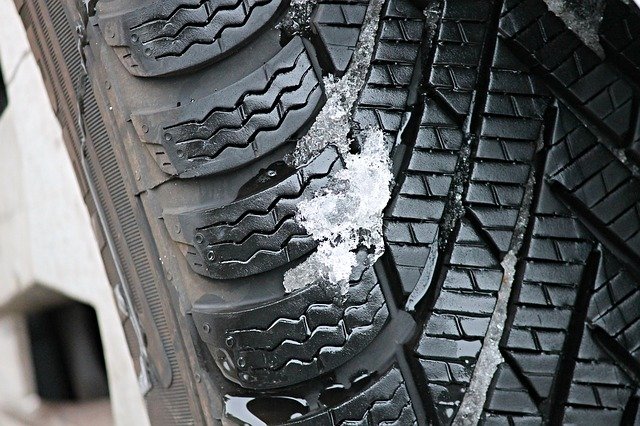
Introduction
- Are you living in a region that is experiencing snowstorms and unsafe driving roads because of cold weather?
- Do you know about some of the major advantages of shifting to winter tires for your truck this season?
- Have you looked at winter tire options and are unable to decide because of the prices and the brands?
Driving on cold, slushy, and slippery roads is never easy. With most of America and Canada experiencing snowstorms, leading experts are of the option that shifting to winter tires might be a great option.
Many people make the mistake of thinking that winter tires are only required for places that receive snow. However, any place that experiences low temperatures, even when it is not reaching freezing points needs winter tires.
Lists of 5 Important Things you need to know about Installing Winter tires on your Truck
1. Winter tires work on Wet, Cold, and Slippery Roads as well
According to Wheelfire reviews, winter tires can help you get increases traction on wet, slippery, and slushy roads as well. This is primarily because of the tread patterns that allow for the tires in making the highest contact with the road.
The water gets removed because of the tread making the tires’ rubber come in contact with the concrete on the surface of the road.
2. Improved Handling, Stopping, and Overall Ride Quality
Many people are living under the misconception that winter tires do not handle as well as all-weather tires. However, the reality is quite different.
Winter tires of reputed brands have been shown to not only improve the handling but also work better when it comes to stopping heavy trucks. This ensures a far safer, more controlled, and able ride quality.

3. Winter tires are good for months between Thanksgiving and Paying Taxes
While some people suggest that winter tires can be used all-year-around, experts suggest that it is best to use them between Thanksgiving and Tax Paying Time.
This means you should look to install winter tires on your truck sometime in late November and continue using them until the start of the month of April. In other words, a period of four to five months.
4. Pressure Checking needs to be done regularly on Winter tires
One thing that you would need to watch out for is tire pressures on your winter tires during the colder months. This is because as the temperatures decrease, the pressure of the air inside the tires also ends up decreasing.
If the tire pressure is lower than the recommended level, you might experience handling, traction, and stopping power of the vehicle being compromised.
5. Winter tires from Good Brands are Affordable and Cost-Effective
Another common misconception that people have when it comes to winter tires is that they are much more expensive than summer or all-weather tires. While the same would be true a decade back, now the price of winter tires is very affordable and almost comparable to summer tires. At the end of the day, you would want to go with a great manufacturer and tire quality.
The Bottom Line
Let us begin by asking a question that many people who think about investing in winter tires ask- Should you Invest in Winter tires or stick to All-Weather ones?
The simple answer to the same would be a Yes!
This is primarily because winter tires on trucks help them in terms of getting more traction. You need to understand that trucks are heavy vehicles ranging from anywhere between two to four tons.
You need traction to ride over snow, wet and slippery surfaces. You also need traction that comes from winter tires for braking effectively, given the enormous weight that these vehicles command. Investing in winter tires is like investing in insurance. You can rest assured that your driving experiences will be safe and you will be able to avoid accidents.
Related posts:


